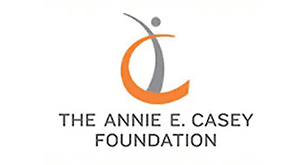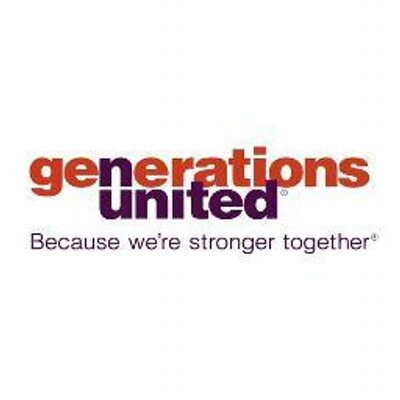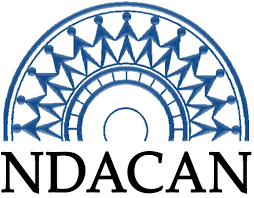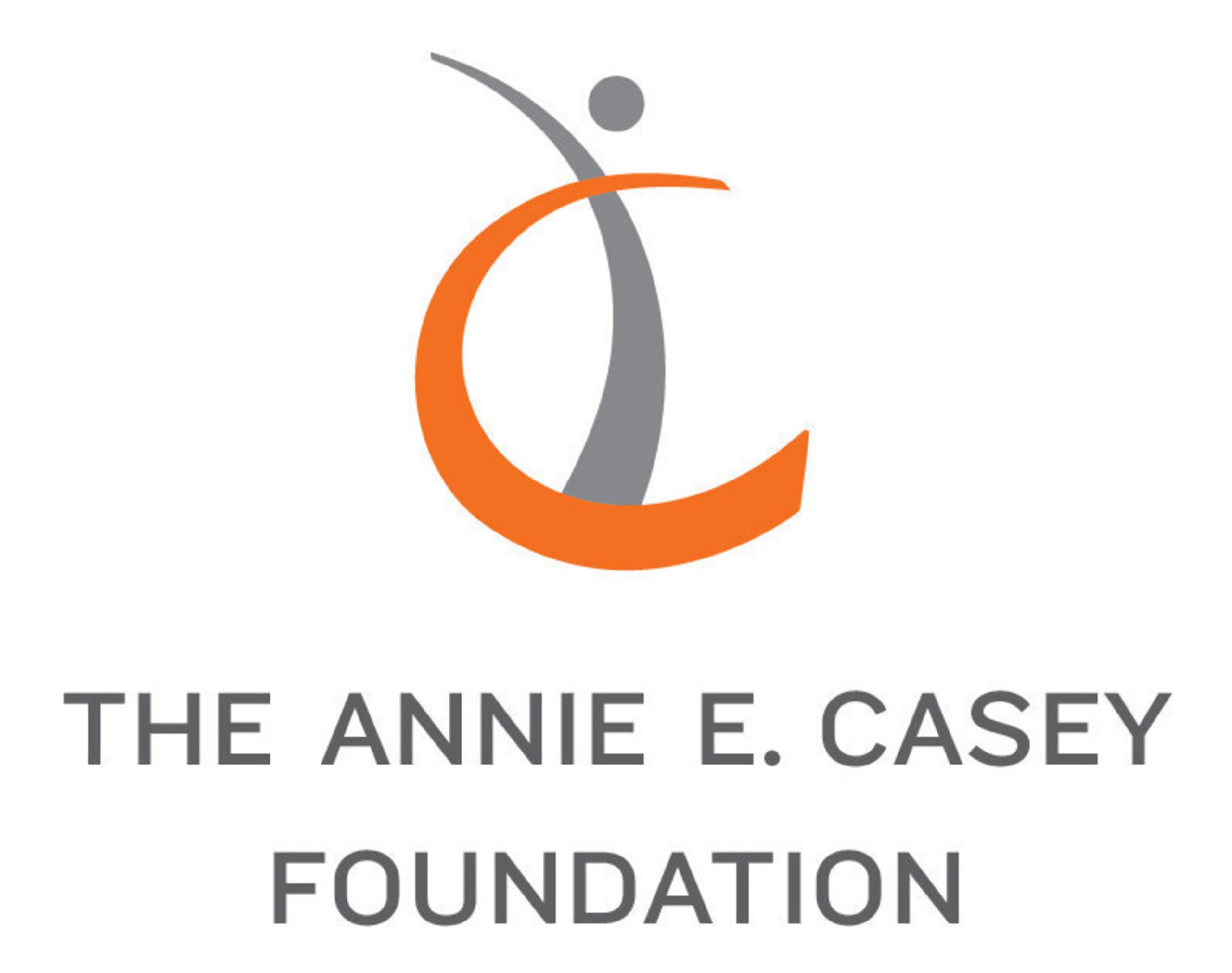Defining Kinship Diversion Many families rely on kin — relatives and close family friends — to provide support in times of crisis or when a parent may need extra help. It is common for kin to step in to provide … Read More
Kinship Care

Updated State-by-State Resources Help Families Understand Permanency Options
Kinship foster families who are thinking about taking the next steps to legal permanency have many options to consider and decisions to make for their child and family’s well-being. These include selecting the most appropriate permanency option based on the … Read More

Training Resources for Professionals Who Support Kin Caregivers
The Grandfamilies & Kinship Support Network released a free collection of mental-health training resources for professionals who support kin caregivers and grandfamilies. The compilation, Guide for Providers: No-Cost Training Resources on Kinship/Grandfamily Mental Health Needs, includes more than 100 resources, many … Read More

Guide for Providers: No-Cost Training Resources on Kinship/Grandfamily Mental Health Needs
Background Kinship families and grandfamilies form when grandparents, other relatives, or close family friends provide primary care for children whose parents are unable to do so. Kinship/ grandfamilies come together for a variety of reasons, including substance use, child welfare … Read More

New Insights on State Kinship Diversion Policies
FAMILY TIES: ANALYSIS FROM A STATE-BY-STATE SURVEY OF KINSHIP CARE POLICIES DEFINING KINSHIP DIVERSION Many families rely on kin — relatives and close family friends — to provide support in times of crisis or when a parent may need extra … Read More

Navigating Foster Care: How Parental Drug Use and Caregiver Attitudes Shape Children’s Mentalization Processes—an Exploratory Longitudinal Follow-up Study
Introduction Foster care is government-subsidized and -regulated temporary care for children who have been removed from their families for reasons of abuse and neglect. Children can be placed either in family or residential care. While family foster care includes arrangements … Read More

Adoption and Guardianship for Children in Kinship Foster Care
The laws dictating how adoption and guardianship are granted, by which court, and what those options entail are developed at the state and tribal levels, so the intricacies for obtaining these legal relationships differ. The Brief The brief provides general … Read More

Adoption And Foster Care Analysis And Reporting
INTRODUCTION The Code Book for the Adoption and Foster Care Analysis and Reporting System (AFCARS) is a product of National Data Archive on Child Abuse and Neglect (NDACAN). NDACAN is funded by the Children’s Bureau, Administration on Children, Youth and … Read More

Examining Financial Hardship and Caregiver Subgroups in Kinship Foster Placements: A Machine Learning Approach
Kinship care is the preferred placement option when it is determined that moving a child from their family’s home is necessary due to child abuse and/or neglect. However, notwithstanding kinship care being the preferred choice by families and child welfare … Read More

FAMILY TIES
Analysis From a State-By-State Survey of Kinship Care Policies UNDERSTANDING KINSHIP CARE Kinship care is a critical resource for children and youth who come to the attention of the child welfare system. Kin caregiving has grown significantly over the past … Read More

